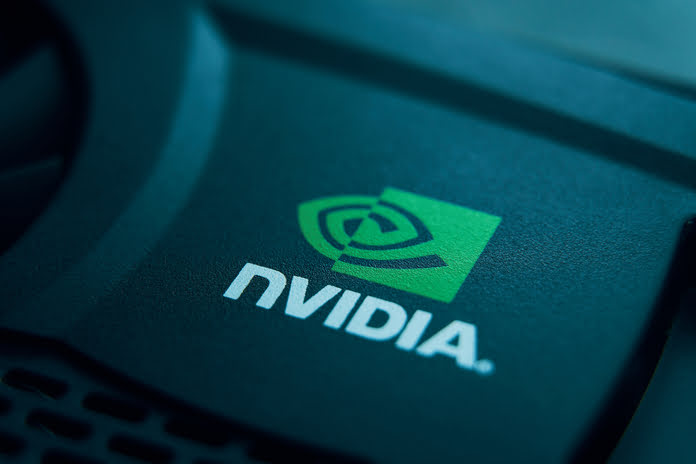Nvidia (NASDAQ:NVDA) is making waves at CES 2024 with the introduction of its GeForce RTX 40 Super series of desktop graphics cards, riding the AI trend. Comprising the high-end RTX 4080 Super, RTX 4070 Ti Super, and RTX 4070 Super, this lineup is primarily geared towards gaming, yet Nvidia positions it as a cadre of AI powerhouses.
Priced at $999, the RTX 4080 Super outpaces the RTX 3080 Ti by 1.4 times in speed. The RTX 4070 Ti Super boasts a 1.6 times speed improvement over the RTX 3070 Ti. Nvidia emphasizes that these performance gains significantly escalate when incorporating its AI-driven Deep Learning Super Sampling (DLSS).
With DLSS, the RTX 4080 Super achieves twice the speed of the RTX 3080 Ti, while the RTX 4070 Ti Super is 2.5 times faster than the RTX 3070 Ti with DLSS. Even the RTX 4070 Super sees a substantial boost with DLSS, providing 1.5 times better performance than the RTX 3090.
In summary, these cards represent a significant upgrade for gamers over Nvidia’s previous generation of desktop GPUs.
Nvidia also positions these cards as potent options for AI PCs, a new category of laptops and desktops designed for native AI application execution, rather than relying on cloud processing. Nvidia joins AMD, Intel, and Qualcomm in driving AI PCs into both consumer and enterprise settings.
The concept behind AI PCs is to enable users to access generative AI applications directly from their devices, ensuring that private data remains on the device and is not uploaded to the cloud or used for AI software training. While Intel and AMD acknowledge they are awaiting developers to create programs and platforms that leverage AI PC features, Microsoft is demonstrating dedication to this concept by introducing dedicated Copilot AI assistant keys on Windows laptop and desktop keyboards.
Nvidia has been a trailblazer in the AI sector, with its shares surging by an impressive 244% over the last 12 months. In comparison, rivals AMD and Intel have seen increases of 122% and 70%, respectively. Despite Nvidia’s data center business being a significant driver of stock performance, its gaming segment remains a crucial revenue stream, accounting for $2.86 billion in the most recent quarterly report out of the total revenue of $18.12 billion, while the Data Center segment contributed $14.51 billion.
Featured Image: Megapixl















